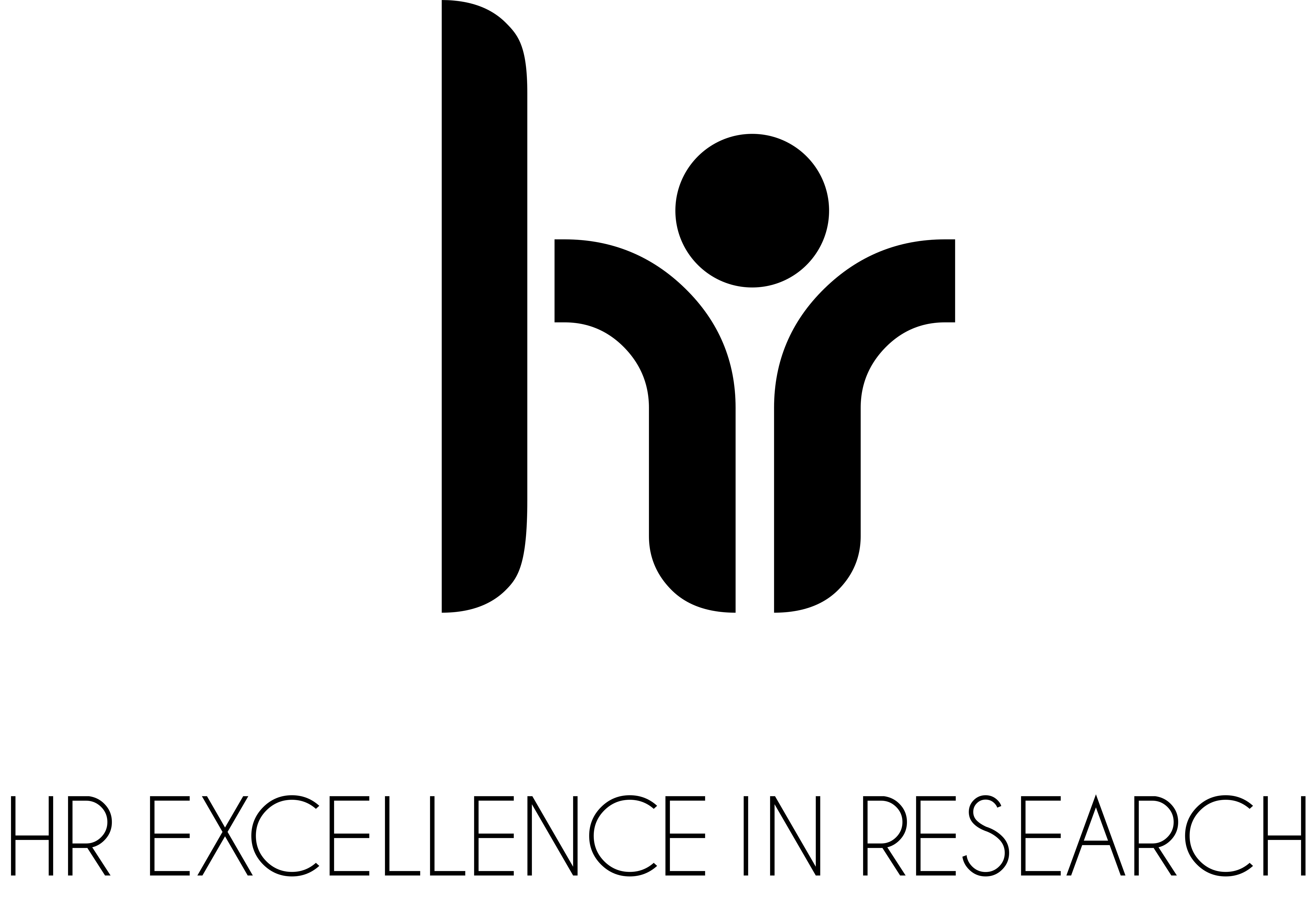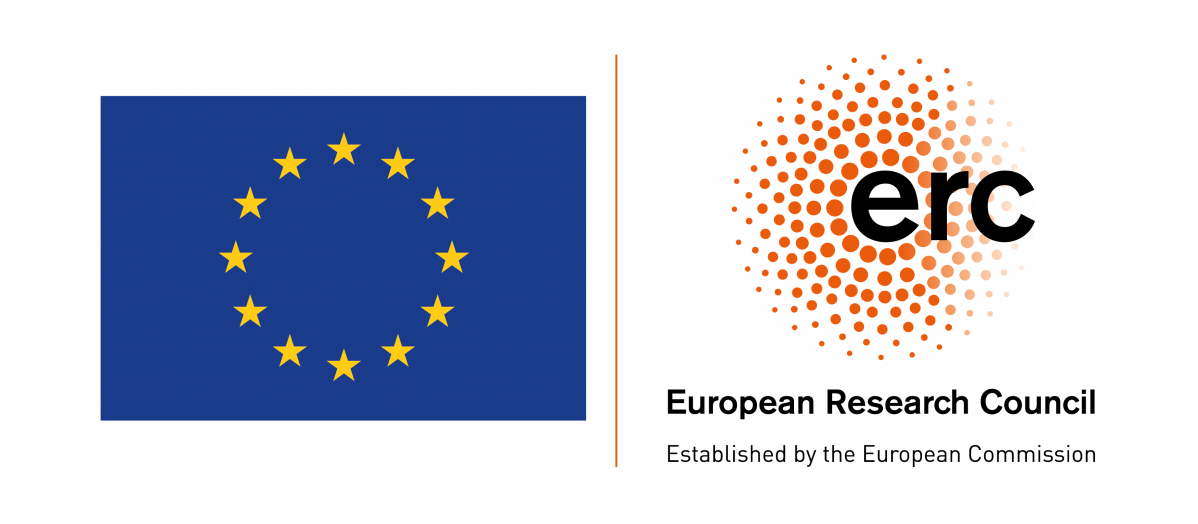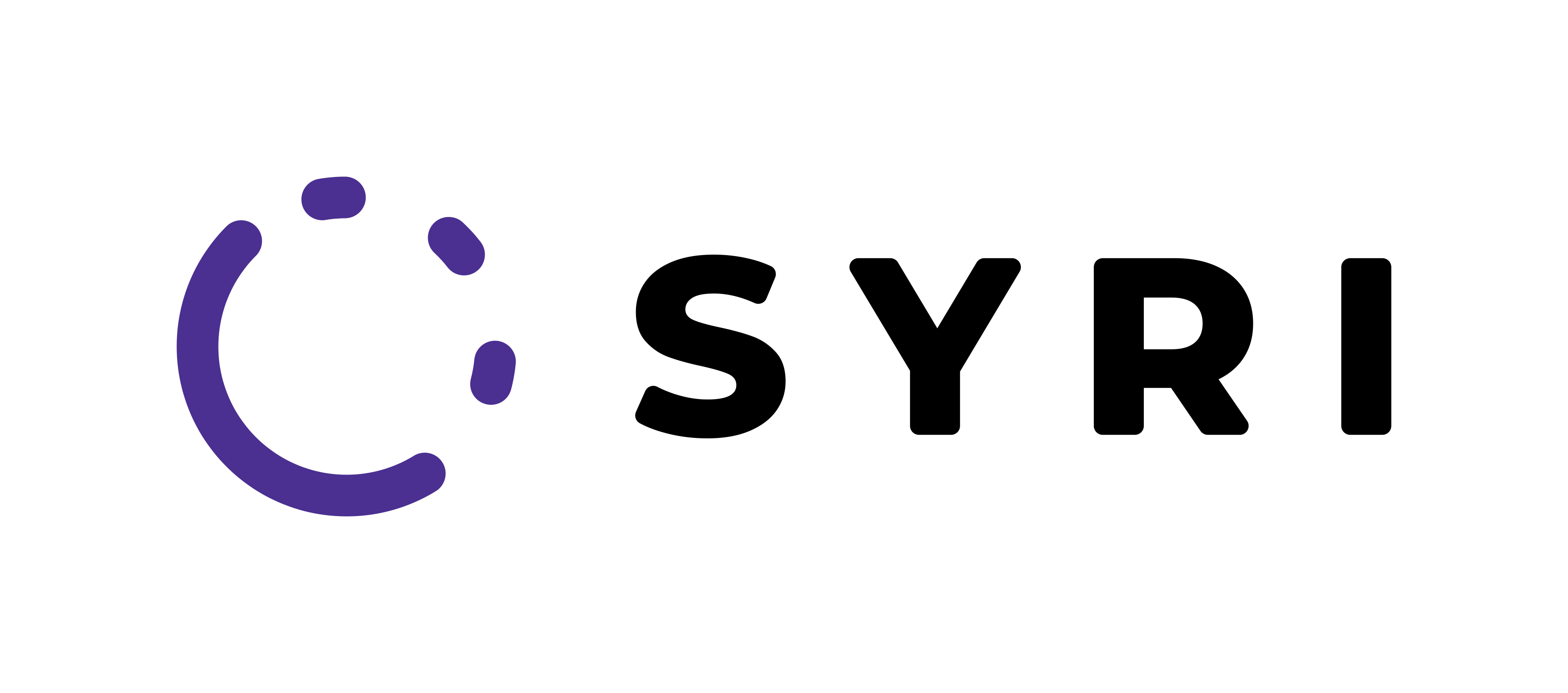
The Aesthetic Illusion in Literature and the Arts
The notion of aesthetic illusion relates to a number of art forms and media. Defined as a pleasurable mental state that emerges during the reception of texts and artefacts, it amounts to the reader's or viewer's sense of having entered the represented world while at the same time keeping a distance from it. Aesthetic Illusion in Literature and the Arts is an in-depth study of the main questions surrounding this experience of art as reality.
Beginning with an introduction providing historical background to modern discussions of illusion, it deals with a wide range of theoretical issues. The collection explores the nature and function of the aesthetic illusion as well as the role of affect and emotion, the implications of aesthetic illusion for the theory of fiction, the variable forms of aesthetic illusion and its relationship to other components of aesthetic response. Aesthetic Illusion in Literature and the Arts brings together a team of scholars from philosophy, literature and art and presents an interdisciplinary examination of a concept lying at the heart of contemporary aesthetics.





